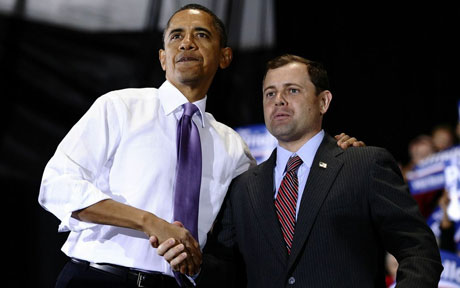Aug 18
20150
Amnesty International, Neo-Liberalism and the Defanging of Feminism, Non-Profit Industrial Complex, The Soros Network | OSI, United Nations
Amnesty International Capitalism Exploitation Feminism George Soros Open Society Institute Human Rights Watch United Nations
Real Men Don’t Prostitute Women
August 18, 2015
Running time: 2:38
“To understand patriarchy is to understand that free choice is a fairytale.” — Dr Meagan Tyler
“Prostitution – We Don’t Buy It” – Speakers: Tom Meagher and sex trade survivor Rachel Moran










